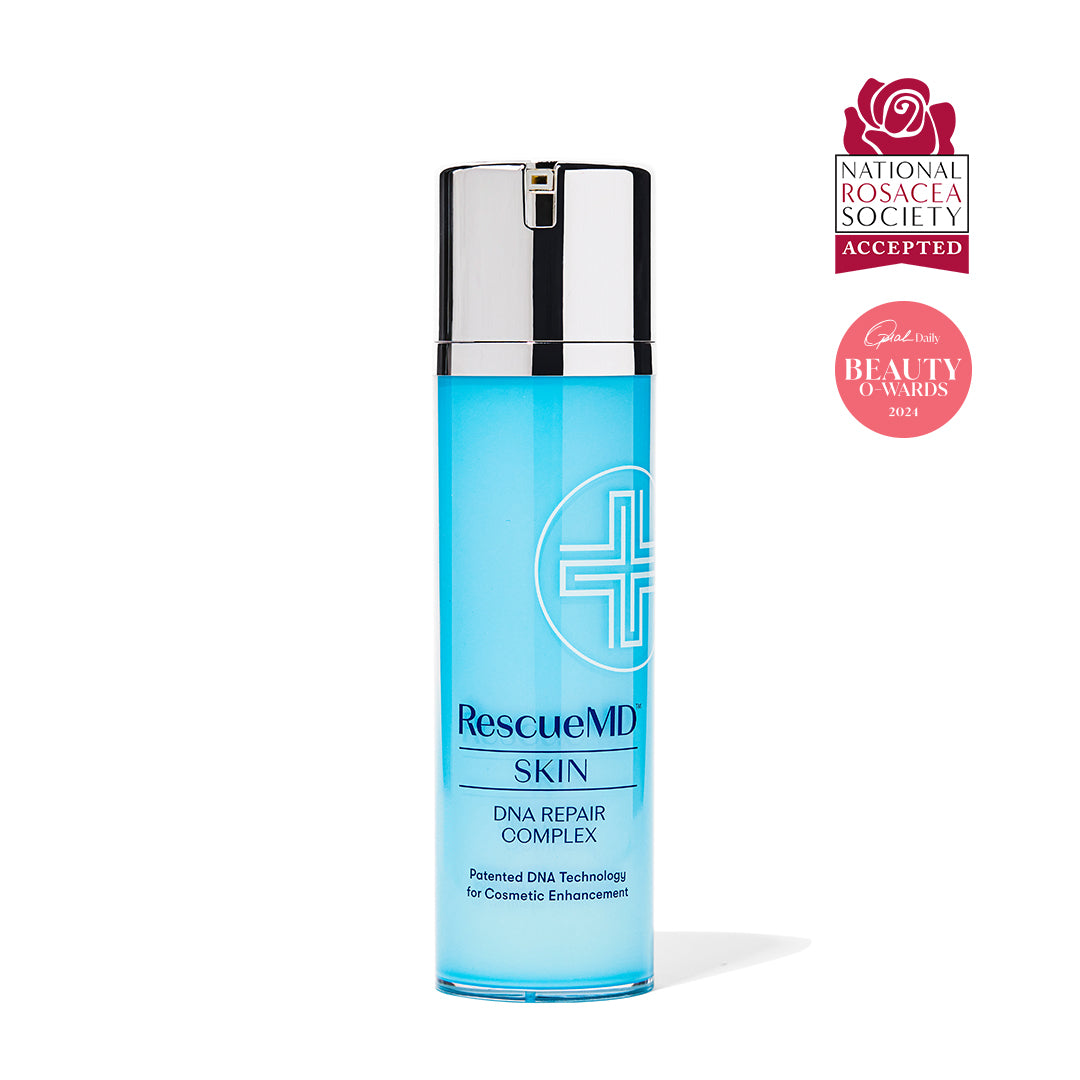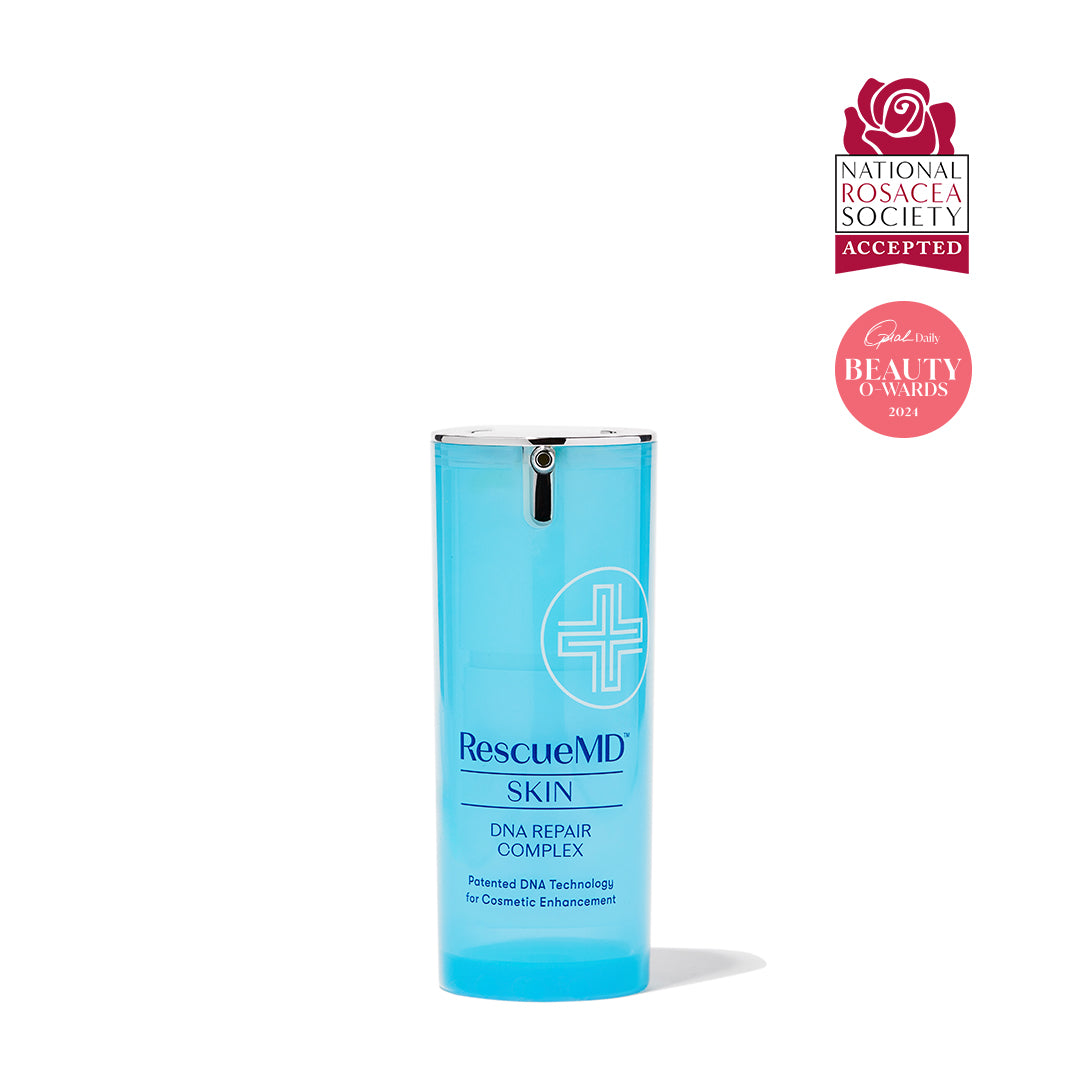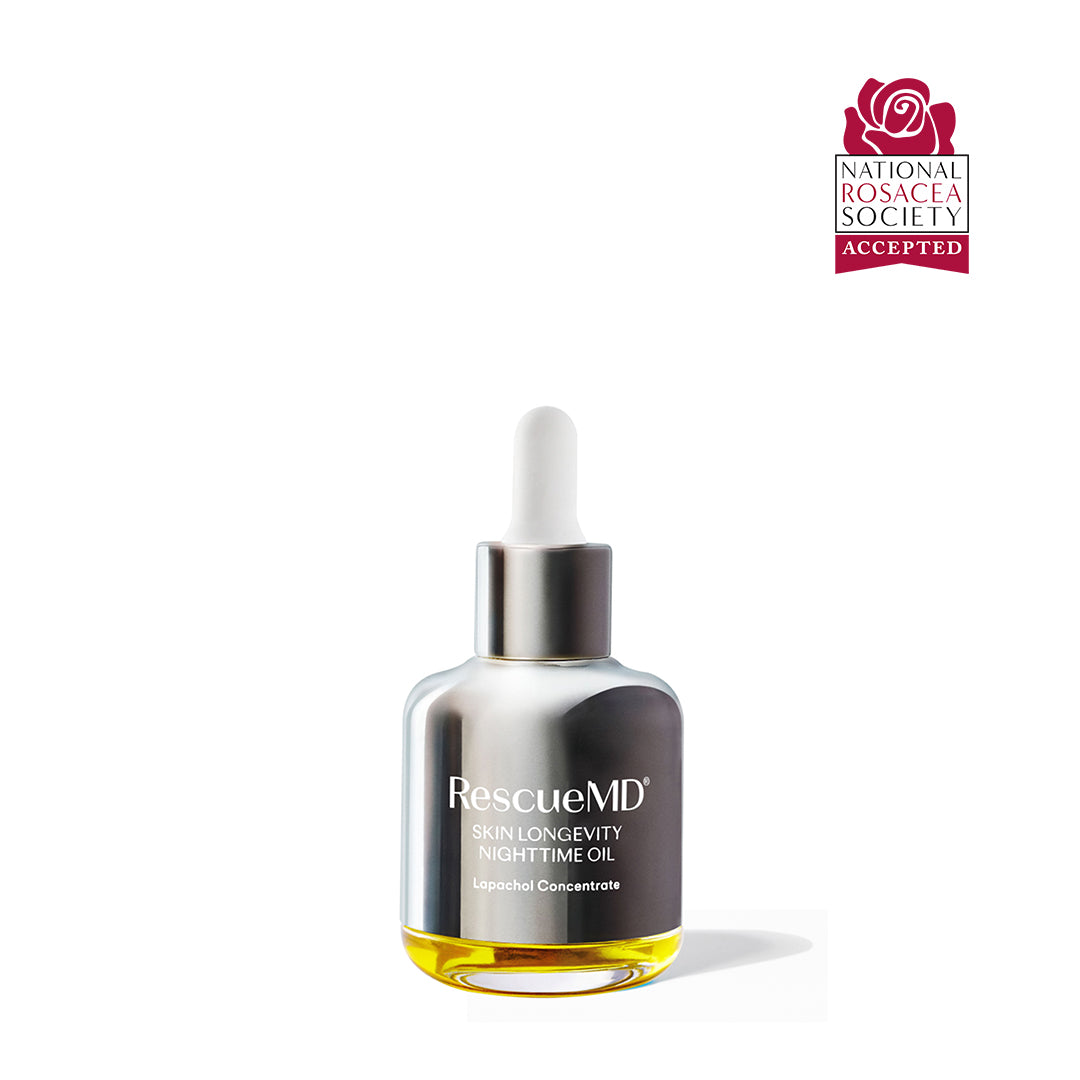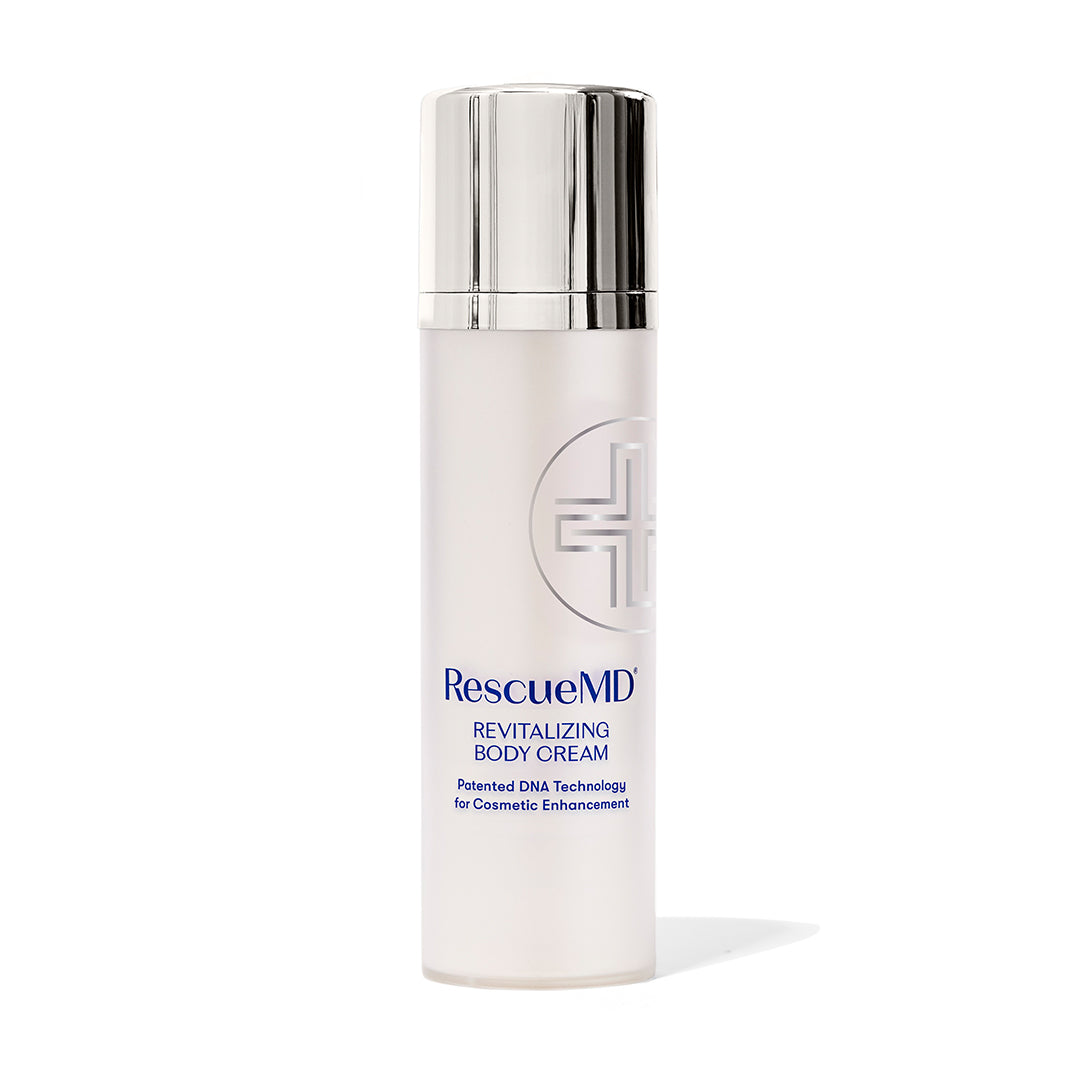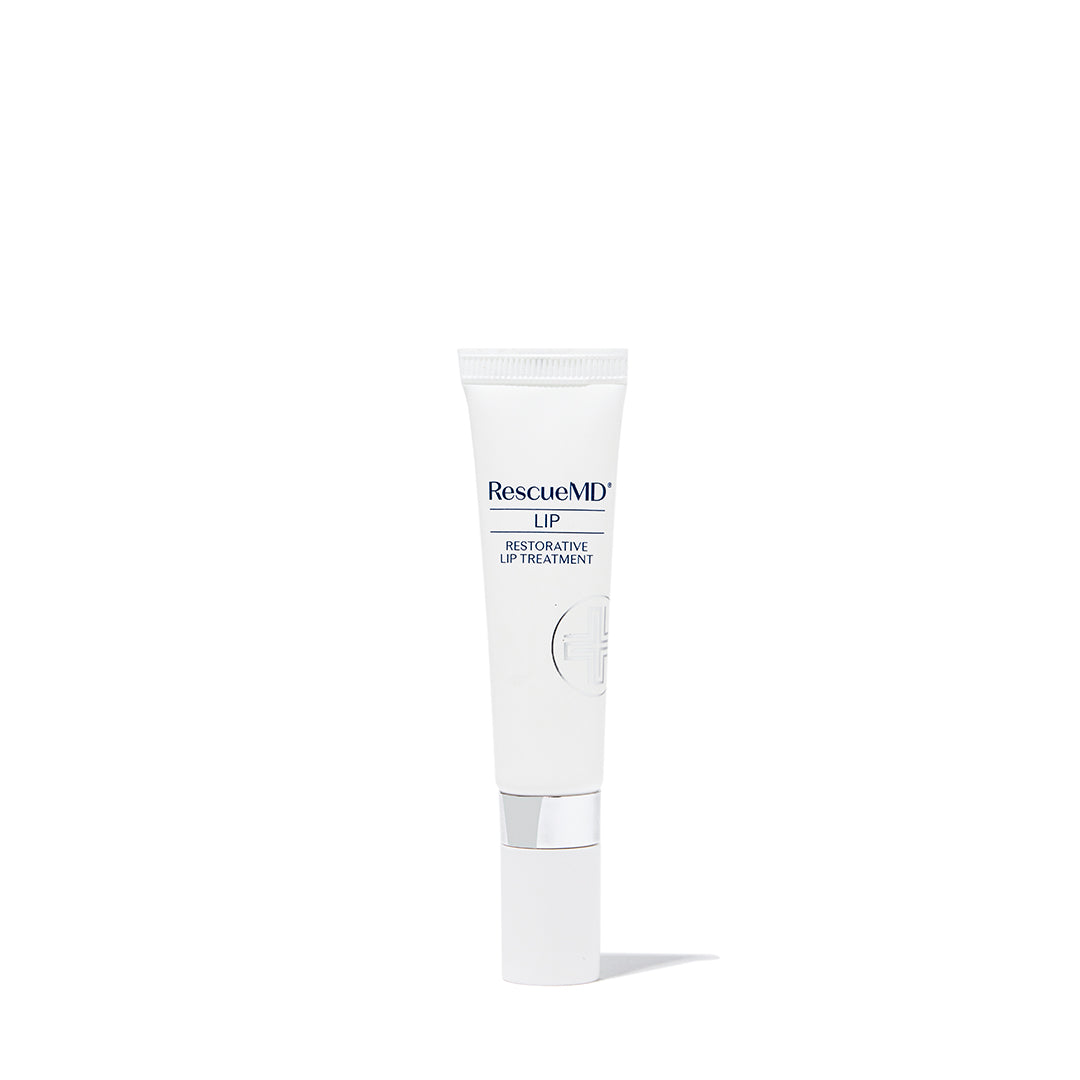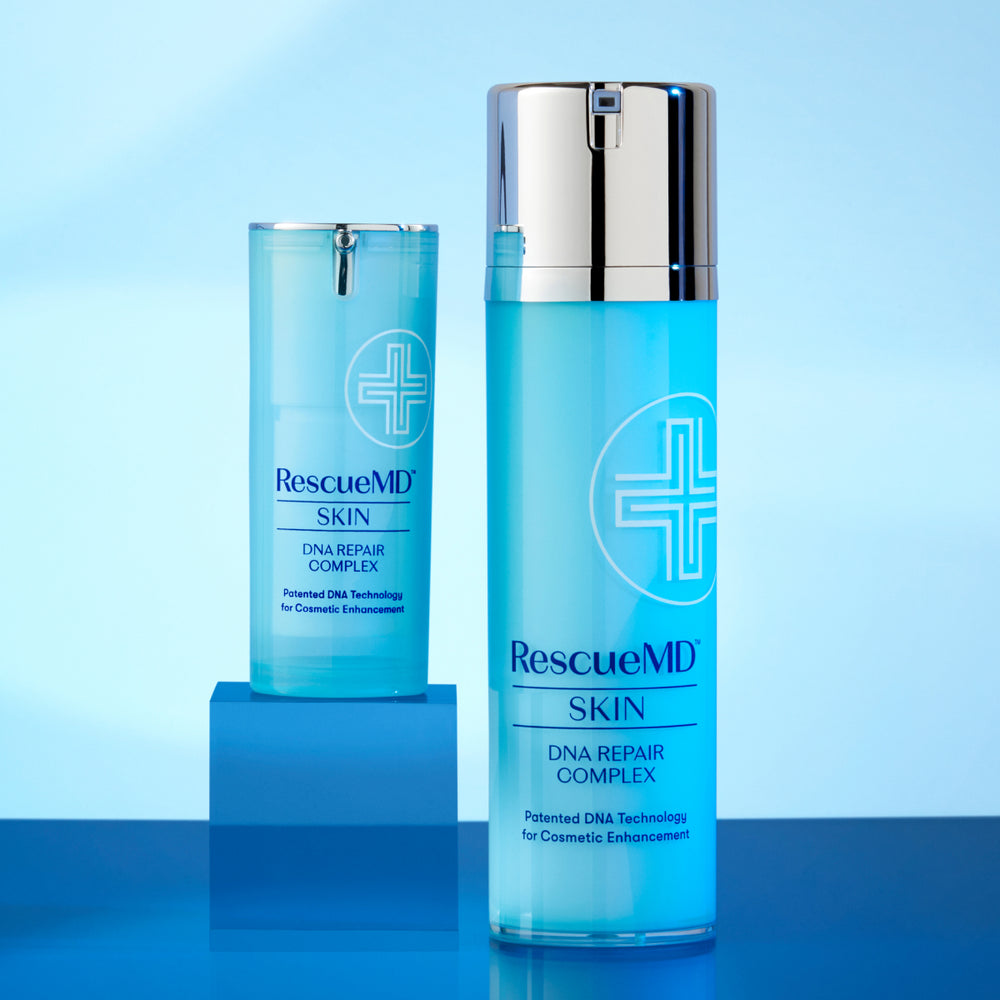As the seasons change and the air cools, many people notice unwelcome changes in their skin, including an increase in acne. To explore why this happens and how to manage it, we sat down with licensed esthetician, Rosie Petrillo, a skincare expert with years of experience treating acne-prone skin. With her deep knowledge of seasonal skincare, Rosie shares her top insights on how to transition your routine as the weather shifts, what ingredients to look for, and how to prevent flare-ups. Whether it's adjusting your skincare products or incorporating light therapy, Rosie’s advice will help you keep your skin clear and healthy through the fall and winter months.
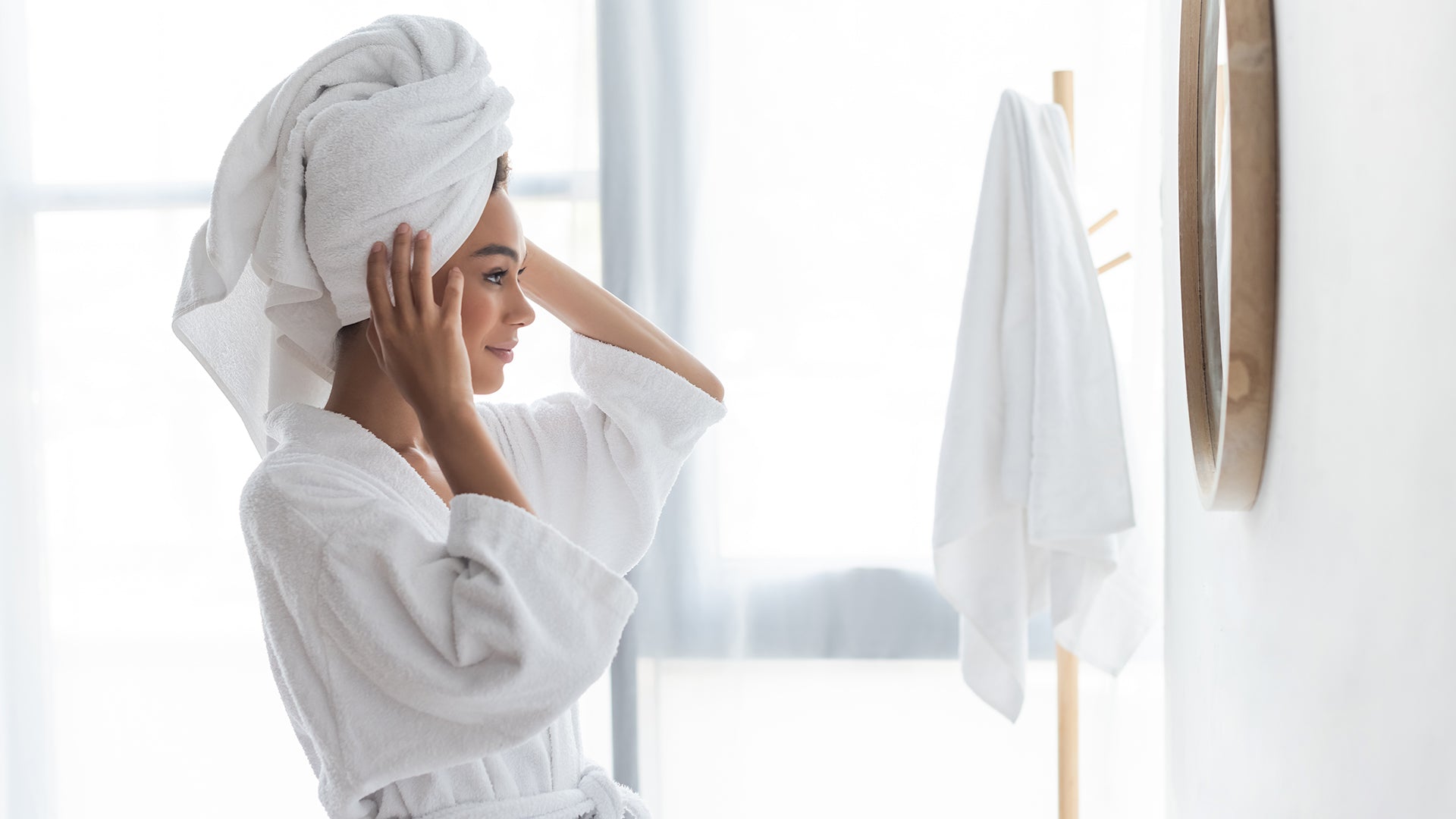
Your Spring Skin Reset With Dermatologist, Dr. Marisa Garshick
Why do some people experience increased acne flare-ups when transitioning from the warmer months to fall and winter?
“Acne flare-ups during the transition from warmer months to fall and winter can occur due to changes in weather and skincare habits. Cooler temperatures and lower humidity levels can lead to dry skin, prompting the skin to produce more oil to compensate. This excess oil, combined with dead skin cells and reduced sun exposure (which can naturally reduce inflammation), can clog pores and lead to increased acne. Additionally, changes in diet and stress levels during this season can also contribute to flare-ups.”
How can the shift in skincare routines during fall and winter affect acne-prone skin, and what adjustments should people consider making?
“The shift to fall and winter often involves using heavier moisturizers which can clog pores and worsen acne. The drier air can also lead to overproduction of oil, contributing to breakouts. To adjust, acne-prone individuals should opt for non-comedogenic, hydrating products, continue using sunscreen, and incorporate gentle exfoliation to remove dead skin cells without irritating the skin.”
Do you recommend light therapy treatments, such as red and blue light, to reduce inflammation and acne both in-office and at home? What benefits do you see in using these light therapies?
“Yes, I totally recommend red and blue light therapy for reducing inflammation and acne, both in-office and at home. Red light reduces inflammation, boosts collagen, and aids in healing, improving skin texture and reducing redness. Blue light kills acne-causing bacteria, reducing breakouts. In-office treatments are more powerful and offer quicker results, while at-home devices provide convenient, ongoing maintenance for milder concerns. Both options are effective, non-invasive, and can significantly improve skin health.”
For an effective at home device, Team RescueMD recommends Solawave Bye Acne, an FDA-cleared device that combats breakouts, pimples, and inflammation with a science-backed combination of blue and red light therapies.
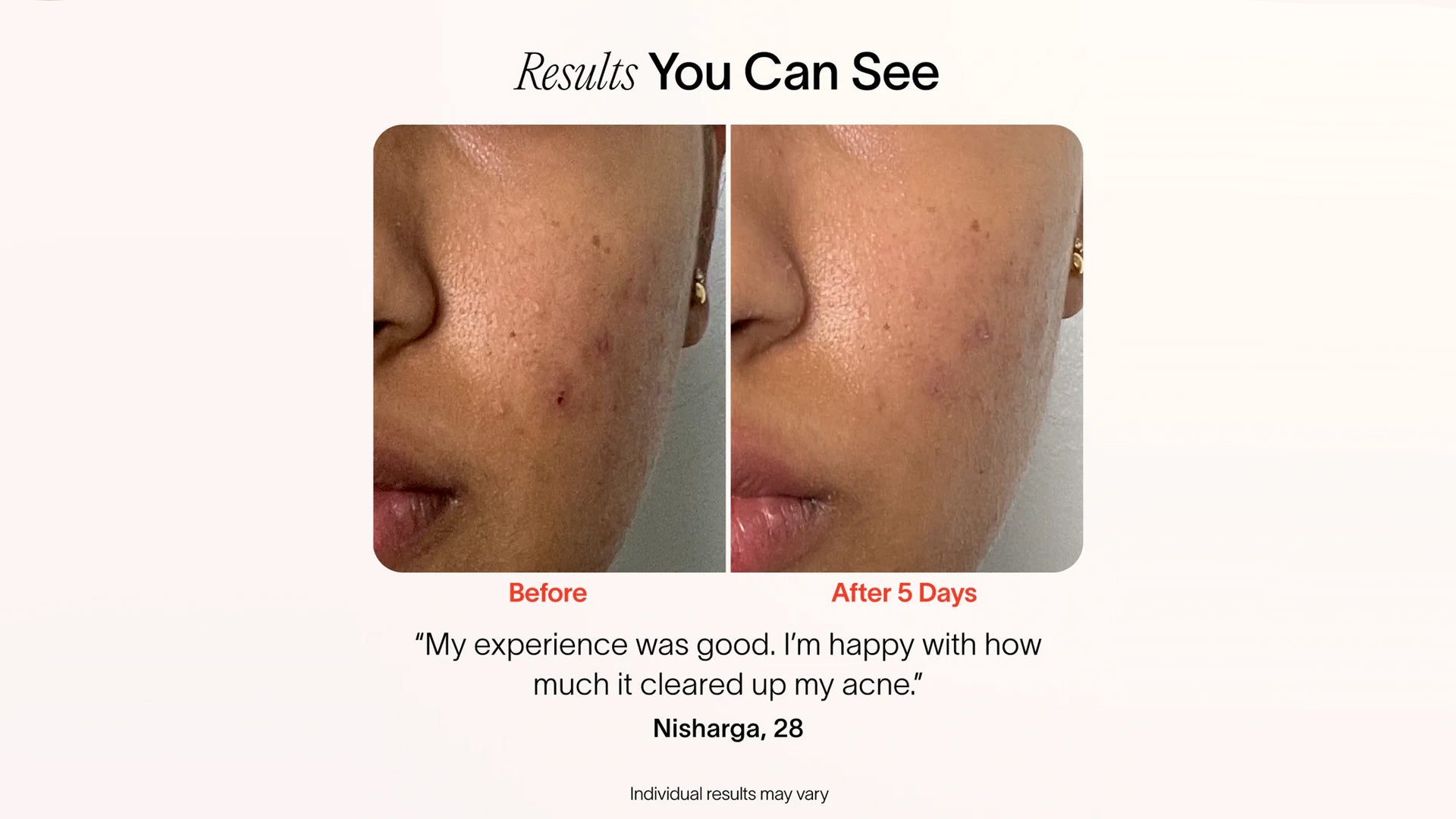
*Before and after courtesy of Solawave
Solawave’s Bye Acne helps to reduce acne and post-breakout inflammation for long-term results. Studies show most users see results after 2-3 uses. Bye Acne is portable, pain-free, and non-invasive.
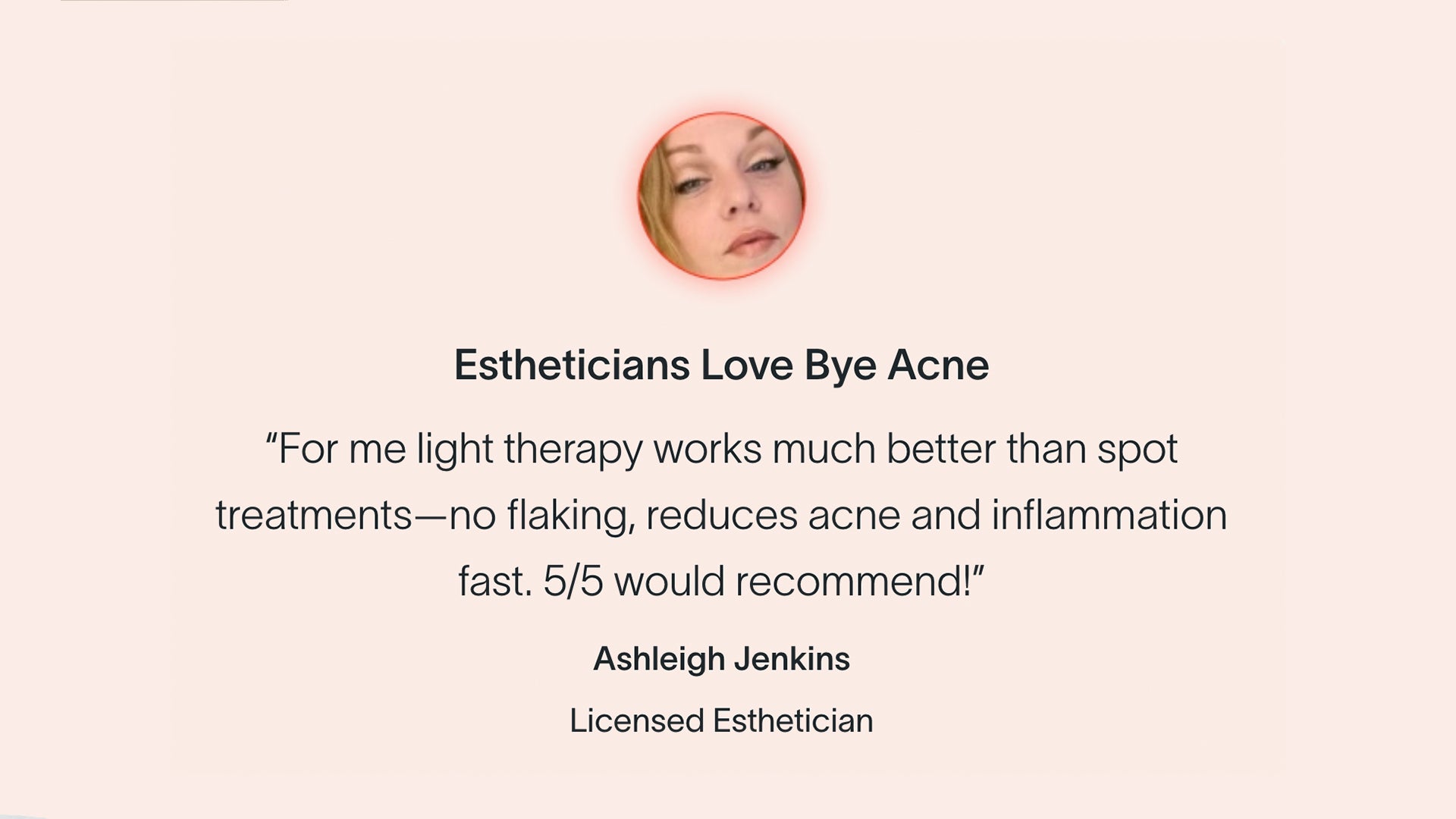
*Testimonial courtesy of Solawave
How does DNA Repair Complex help calm and repair acne-prone skin, particularly during seasonal transitions? What benefits might be experienced when used in conjunction with light therapies?
“DNA Repair Complex helps repair and calm acne-prone skin by enhancing natural cell repair, reducing inflammation, and strengthening the skin barrier, which is especially beneficial during seasonal transitions. When used with light therapies, it boosts skin repair from red light therapy, reduces inflammation alongside blue light therapy that kills the bacteria and improves overall skin resilience. This combination can lead to clearer, calmer skin with enhanced recovery and protection against environmental stressors.”
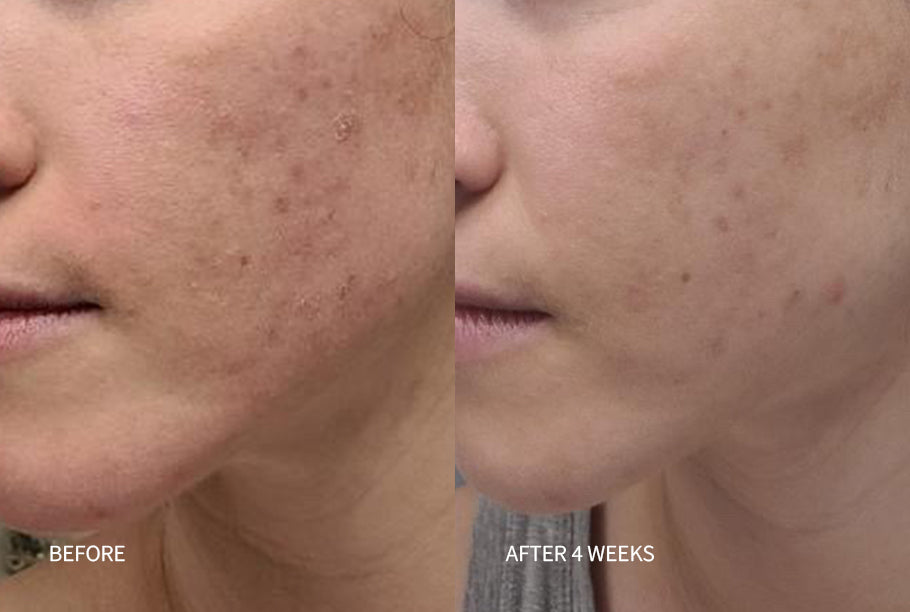
*RescueMD user submitted before and after photos using DNA Repair Complex for 4 weeks
Based on your experience with clients and yourself, how effective have you found DNA Repair Complex in supporting the skin's natural healing process, especially when dealing with post-acne marks or inflammation?
“From my experience with clients and personally, DNA Repair Complex is highly effective in supporting the skin’s healing, particularly for post-acne scars and inflammation. It accelerates cell repair, helping fade marks faster, reduces redness, and improves skin texture. It also strengthens the skin barrier, making the skin more resilient against future breakouts and environmental stressors. I don’t get tired of saying that DNA Repair Complex is my favorite product of all time!”
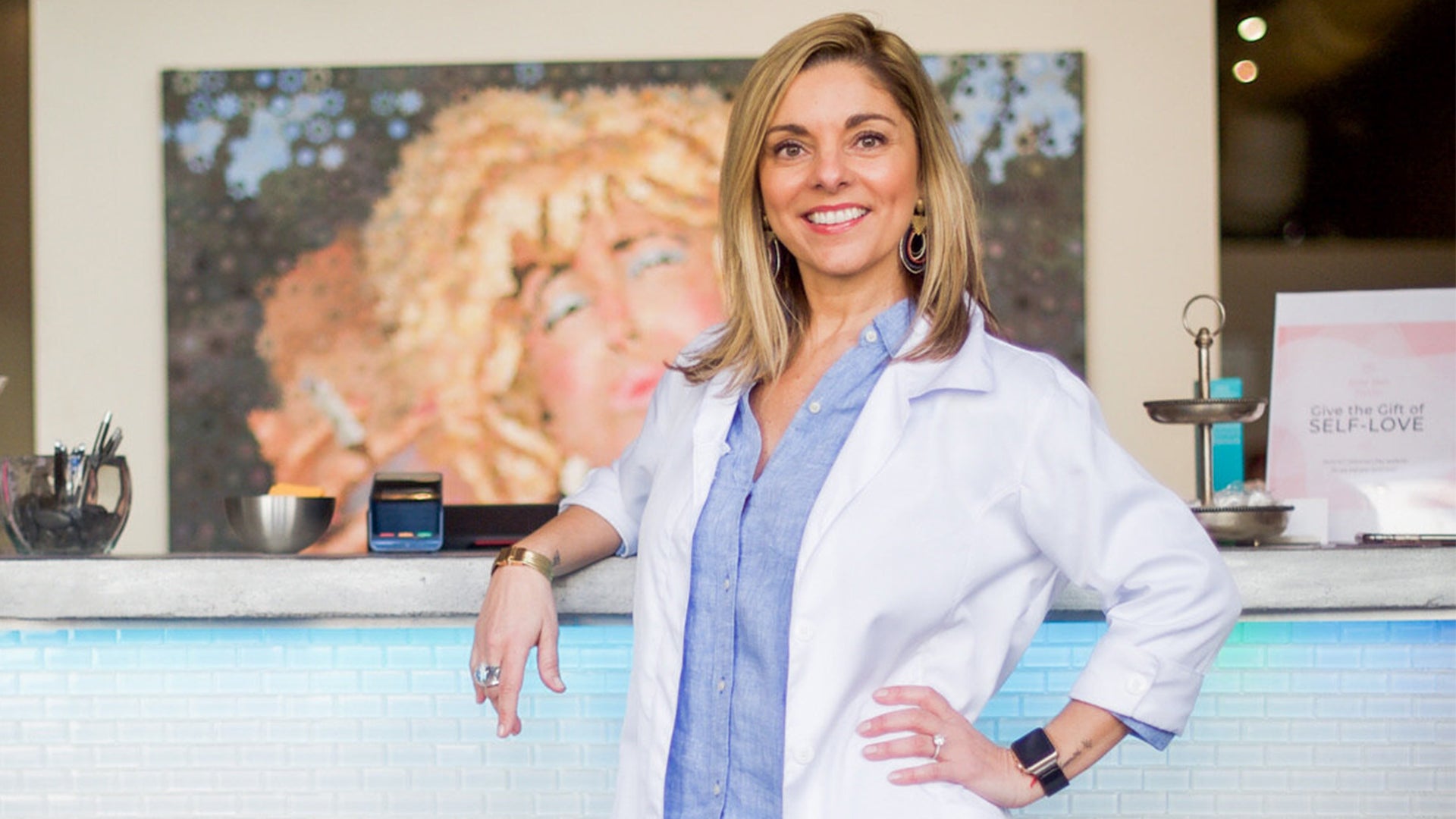
About Rosie Petrillo, Licensed Esthetician and Owner of Âme Skin Studio
Rosie is a Licensed Esthetician, with a degree from the top-rated New York School of Esthetics.
Her passion for knowledge in the dynamic, ever-changing skincare and beauty industry ensures that she stays informed of the latest technology and ingredients in skincare.
Her approach encompasses both today’s technical advancements, and compassion for a relaxing, soothing experience.
Rosie was born in Brazil and has worked most of her life in the Fashion industry. Starting as a model at a very young age, she developed a passion for helping people feel beautiful both inside and out through the clothes they wear. In 2005 she graduated from the Fashion Institute of Technology of New York as an Image Consultant. Since then she has been working on bringing out and enhancing the best attributes of her clients.
Curious to learn more about microneedling with Rosie? Visit Rosie’s website to book a treatment or skin consultation with her at her studio in Norwalk, CT, and follow her on Instagram for more skincare tips.


